Ruth Bader Ginsburg, Eleanor Roosevelt and Sonia Sotomayor on DC list of influential women
It's no surprise that some of the most powerful women in the nation are found in Washington, D.C. The nation's capital is the epicenter of not only lawmaking but history itself.
The bar is high. But each of the 10 women chosen by USA TODAY for Women of the Century made history of her own.
In August, America marks the 100th anniversary of the 19th Amendment, when women gained the legal right to vote. In commemoration, the USA TODAY Network is naming 10 American women from each of the 50 states and the District of Columbia who have made significant contributions to their states and the country as Women of the Century.
The women who were chosen have a track record of outstanding achievement in one of several areas: arts and literature, business, civil rights, education, entertainment, law, media, nonprofits and philanthropy, politics, science and medicine, and sports. Other requirements included U.S. citizenship. They lived between 1920 to 2020 – that is, during the century between the ratification of women's suffrage in the U.S. and today.
Choosing only 10 women to represent the nation's capital was difficult. The city has been home to numerous notable women over the past century, among them Melissa Chiu, art historian, critic and director of the Hirshhorn Museum and Sculpture Garden.
Before joining the Hirshhorn in 2014, Chiu was curator at the University of Western Sydney from 1993 to 1996, where she completed a Ph.D. focusing on Chinese contemporary art in the diaspora from in 2005. She was the founding director of the Asia-Australia Arts Centre in Sydney and directed the Asia Society Museum in New York.
Are you registered to vote? Take the first step to making sure your vote counts.
Unfortunately, Chiu is missing an important qualifier: She is Australian. In fact, she is the first non-American to head the Hirshhorn Museum. While Chiu couldn't be chosen, she is still a groundbreaker.
Other nominees who warrant mention included Alice Allison Dunnigan, the first African American female correspondent at the White House. Dorothy Height, civil rights activist and former president of the National Council of Negro Women, is on the Virginia list. Painter and philanthropist Clarice Smith and former director of the Reading is Fundamental program Loretta Hanes, a native Washingtonian, also ranked high.
Who is your Woman of the Century? Did we miss a woman you think should be on our list? We’d like to hear from you.
Elizabeth Dole
First female senator from North Carolina, first female secretary of transportation
(1936- )
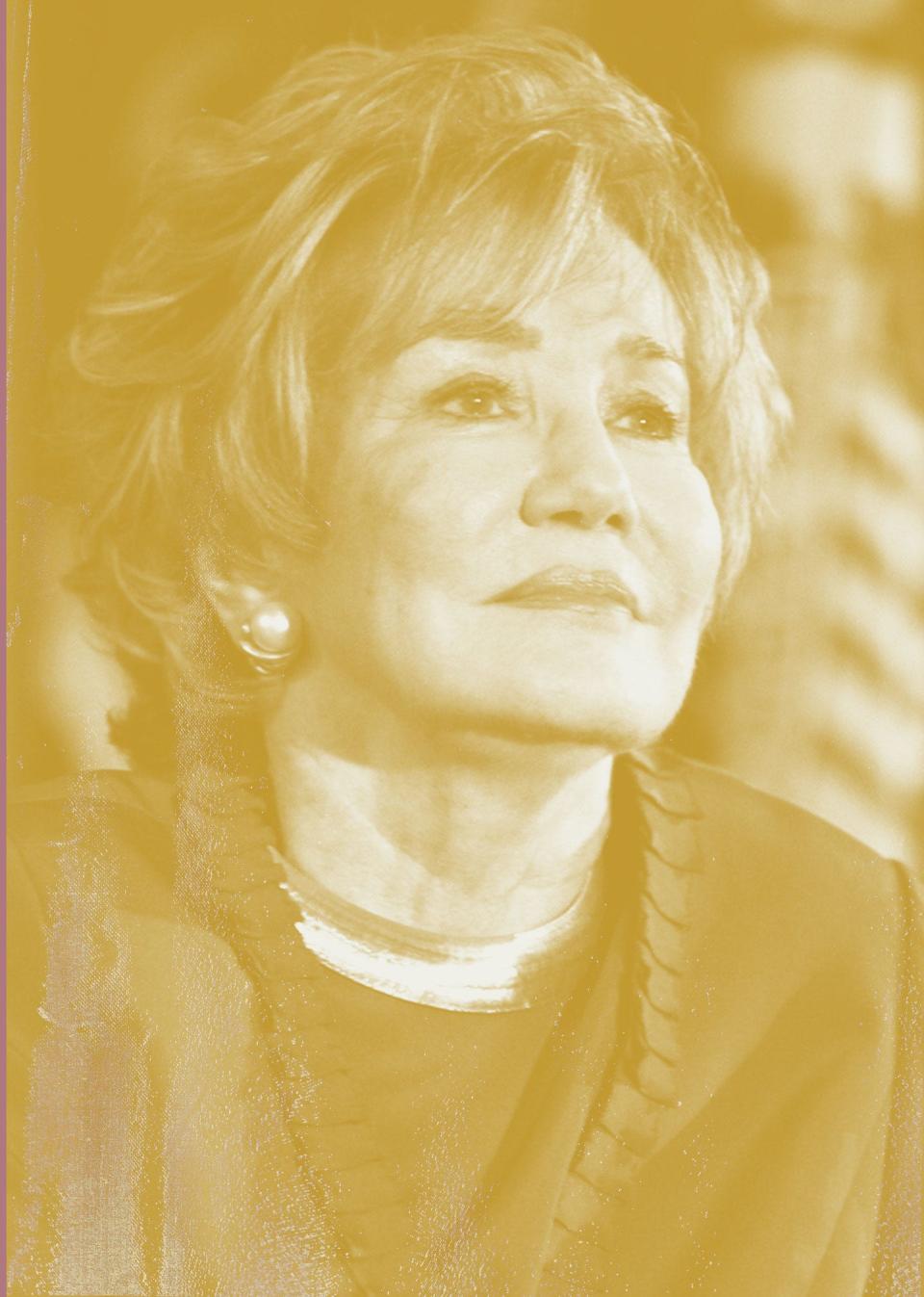
Elizabeth "Liddy" Dole was North Carolina's first female senator. She is the former secretary of transportation and was the first woman to head American Red Cross since its founder, Clara Barton. In 2000, Dole sought the Republican presidential nomination that ultimately was won by Texas Gov. George W. Bush.
In 1965, Dole was one of only 24 women to graduate from Harvard Law School. Afterward, she moved to D.C. to work in politics. She served as deputy assistant of consumer affairs under President Richard Nixon from 1969 to 1973, when she was appointed to a seven-year term at the Federal Trade Commission. She resigned in 1980 to help the presidential campaign of her husband, Kansas Sen. Bob Dole.
President Ronald Reagan appointed Dole director of the White House Office of Public Liaison from 1981 to 1983 and as secretary of transportation from 1983 to 1987. Dole served as secretary of labor under President George H.W. Bush before becoming president of the Red Cross in 1991. She resigned in 1999 to campaign for the Republican presidential nomination. In 2002, she was elected to the U.S. Senate from North Carolina, serving until 2009. In 2012, Dole established the Elizabeth Dole Foundation to empower and support military caregivers.
Marian Wright Edelman
Founder of the Children’s Defense Fund
(1939- )
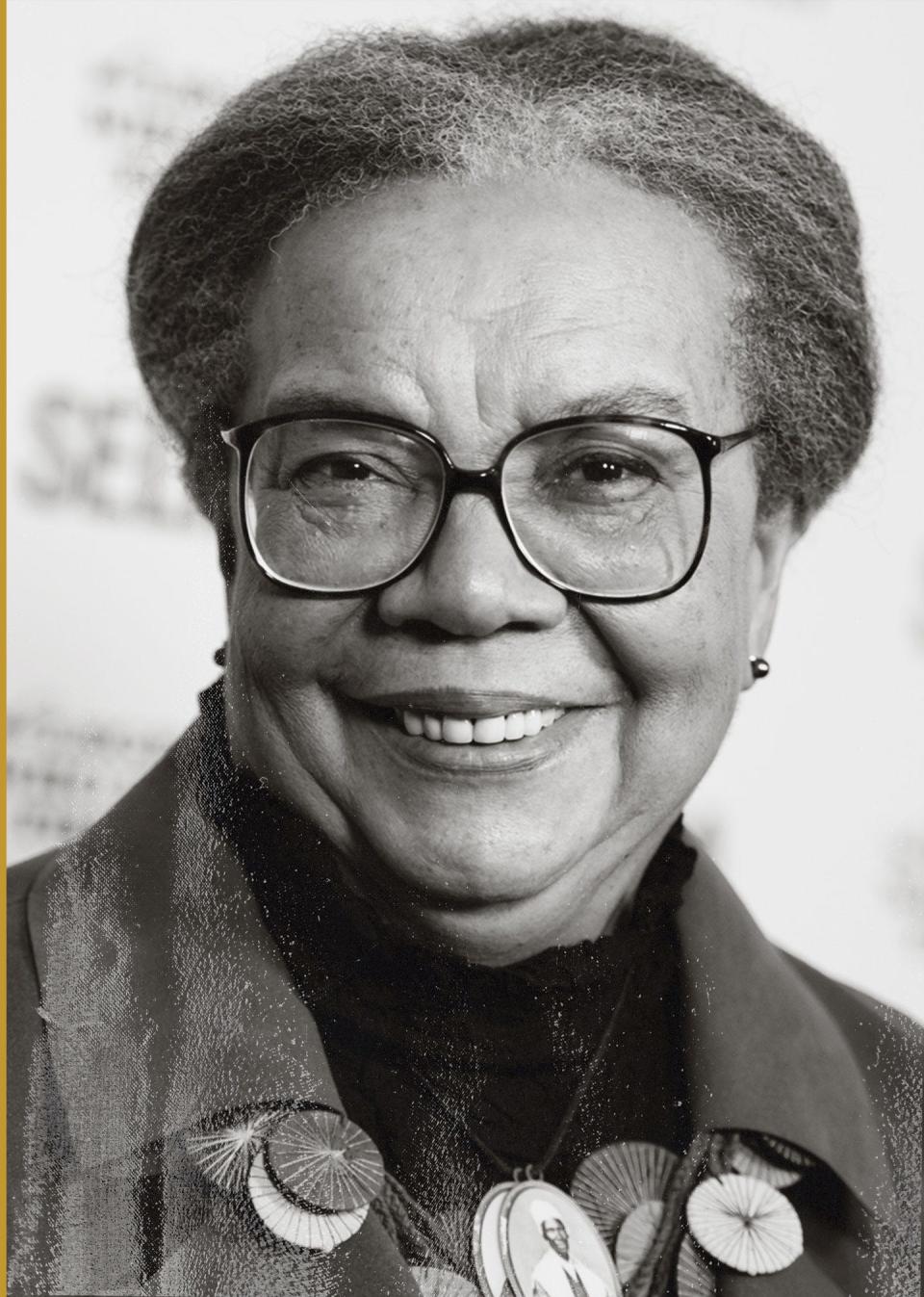
Marian Wright Edelman is the founder and president emerita of the Children's Defense Fund (CDF). She was the first Black woman admitted to the Mississippi Bar and served as counsel for Martin Luther King Jr.'s Poor People's Campaign.
Edelman graduated as valedictorian from Spelman College in Atlanta and earned a juris doctorate from Yale Law School in 1963. She was admitted to the Mississippi Bar in 1965 and represented activists during Mississippi Freedom Summer of 1964 as an attorney in the NAACP Legal Defense and Education Fund's Mississippi office.
In 1968, Edelman moved to D.C. to help organize the Poor People's Campaign and the Southern Christian Leadership Conference. She founded Washington Research Project, a public interest law firm that monitored federal programs for low-income families. The firm became the Children's Defense Fund in 1973.
The organization addresses childhood poverty, health, early childhood education, youth justice, gun violence and general welfare. The group's "Beat the Odds" programs operate in five states and the District of Columbia, and its "Freedom Schools" are located throughout the District of Columbia.
Ruth Bader Ginsburg
U.S. Supreme Court justice, women’s rights advocate
(1933- )
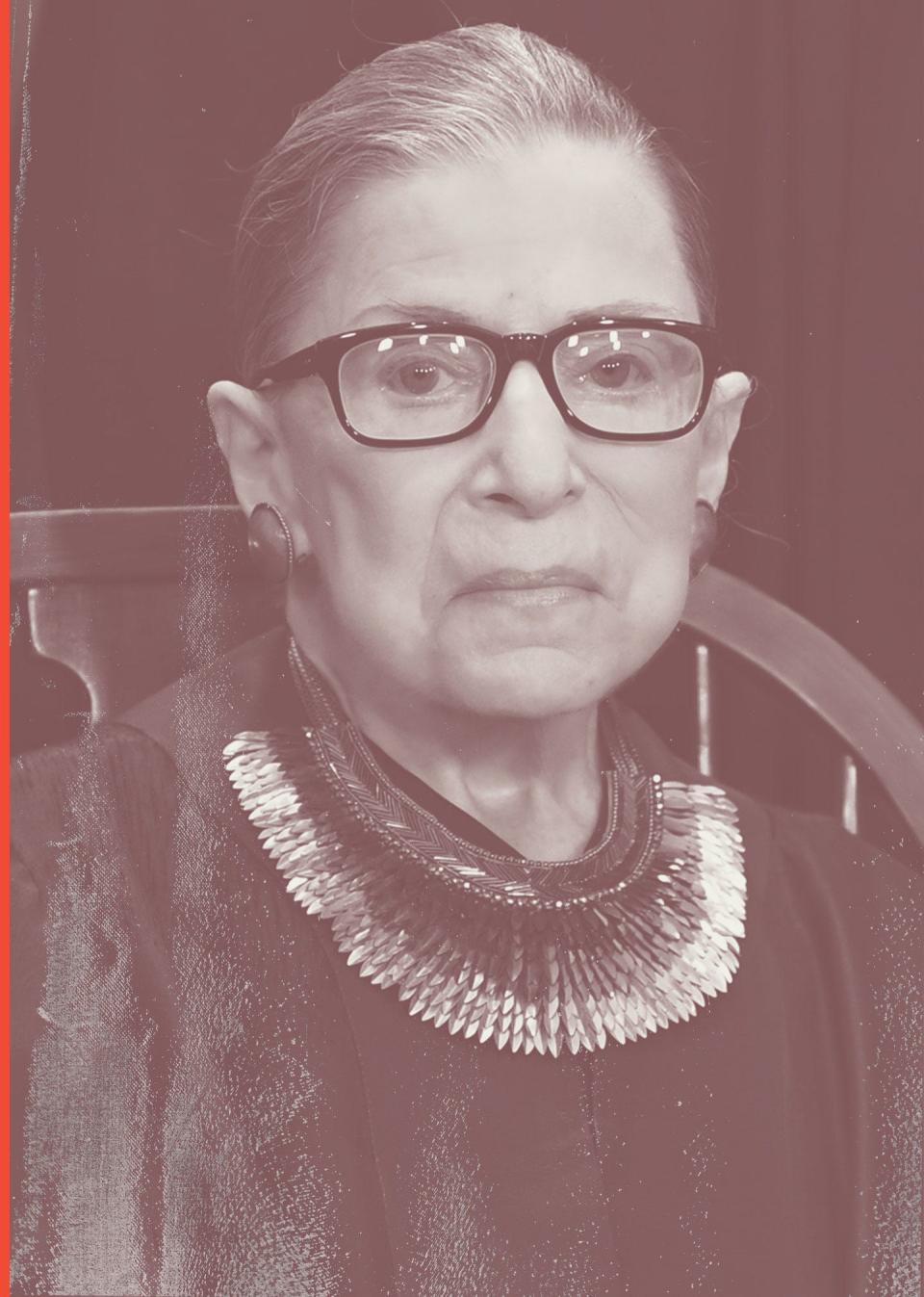
Ruth Bader Ginsburg was appointed as an associate justice of the U.S. Supreme Court by President Bill Clinton; she took the oath of office on Aug 10, 1993. A teacher, mother, widow and champion for women's rights, she is the second of only four women confirmed to the court.
Ruth Joan Bader was born in Brooklyn in 1933. She graduated first in her class from Cornell University and was the first female member of the Harvard Law Review before transferring to Columbia Law School, where she again made law review and graduated first in her class. Ginsburg litigated sex discrimination cases for the American Civil Liberties Union and was instrumental in creating its Women's Rights project in 1972.
Before her appointment to the Supreme Court, Ginsburg was appointed to the U.S. Court of Appeals for the District of Columbia in 1980 by President Jimmy Carter.
Katharine Graham
Former publisher of The Washington Post, first female Fortune 500 CEO
(1917-2001)
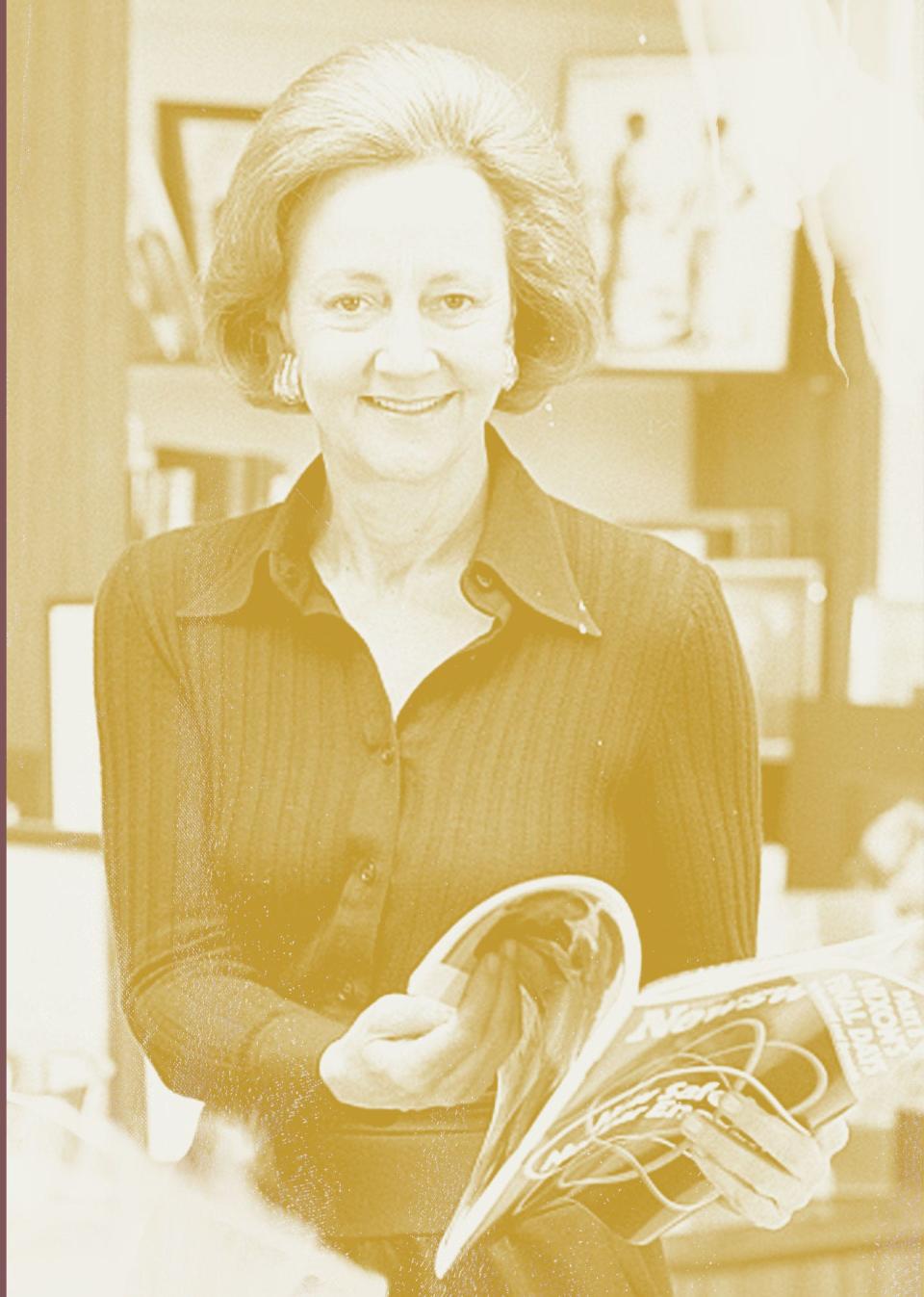
Katharine Graham led The Washington Post, for nearly 30 years. During her tenure, Graham oversaw coverage of the Watergate scandal that preceded the resignation of President Richard Nixon.
Born Katharine Meyer in New York City, Graham began her journalism career at a San Francisco newspaper but started working at the Post, then owned by her father, Eugene Meyer, in 1938. Graham later inherited the Post from husband, Philip Graham, after his suicide in 1963. She became the first female Fortune 500 CEO when she was named CEO of the Washington Post Company in 1972.
She stood up to pressure from the Nixon White House during the Watergate scandal, defending the investigative work of reporters Bob Woodward and Carl Bernstein. She hired Benjamin Bradlee as the paper's executive editor and enlisted billionaire Warren Buffett for financial advice. Buffett would become a major shareholder of the Post.
Graham won the Walter Cronkite Award for Excellence in Journalism in 1987 and was awarded a Pulitzer Prize for her biography, "Personal Memoir," in 1998. President George W. Bush posthumously awarded Graham with the Presidential Medal of Freedom in 2002.
Judy Heumann
Lifelong disability rights advocate
(1947- )
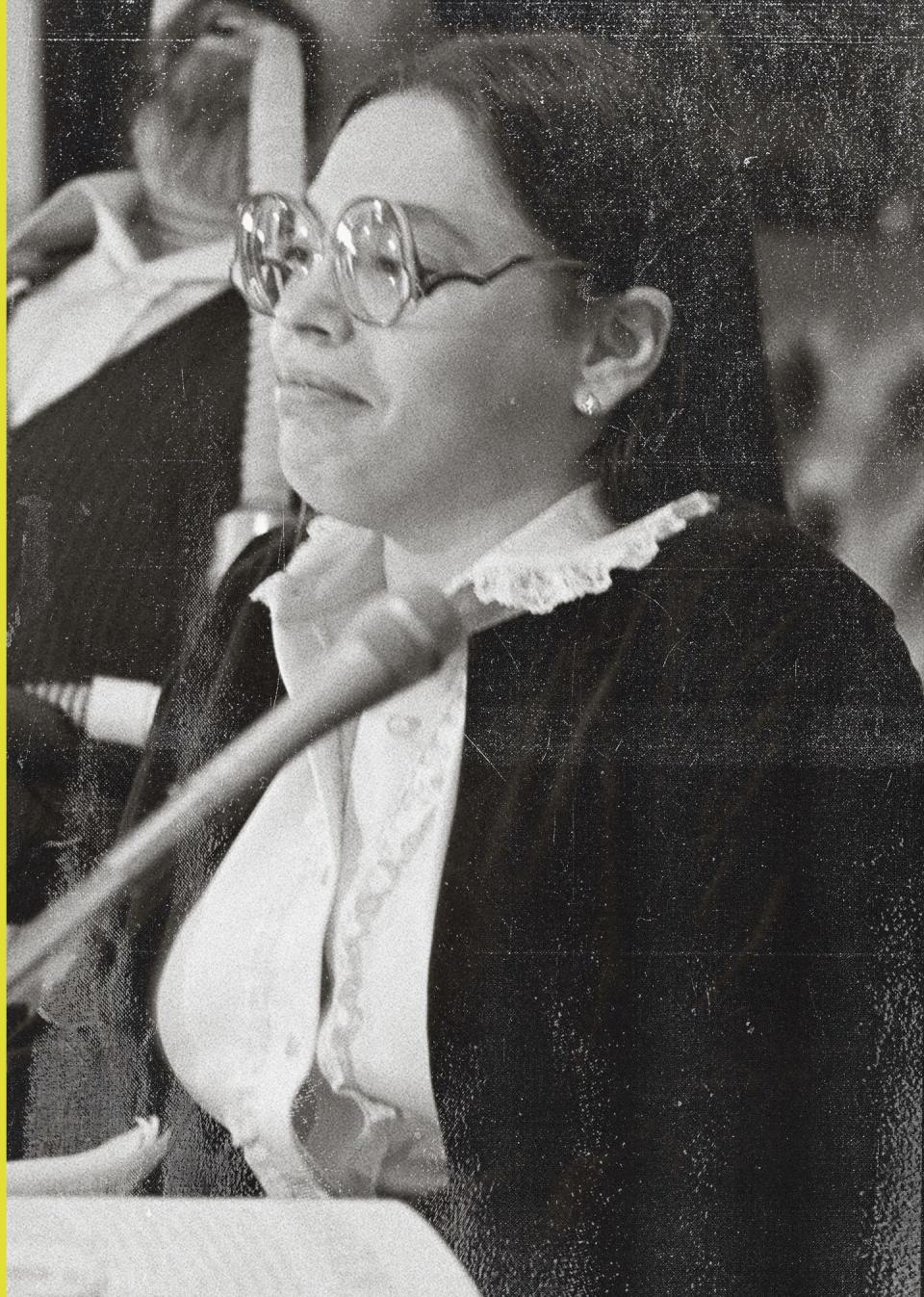
Judy Heumann, an international advocate for the rights of the disabled, helped develop legislation that became the Individuals with Disabilities Education Act. She serves as special adviser for international disability rights at the U.S. Department of State.
As a child, Heumann was banned from public school because her wheelchair was considered a fire hazard. She was allowed to start attending school in the fourth grade only after her mother challenged the decision. The experience inspired Heumann's lifelong advocacy for disabled people. She sued the New York Board of Education for denying her a teaching license because of her disability and became the first person in a wheelchair to teach in New York City.
In 1970, Heumann and several friends founded Disabled in Action, an organization focused on civil rights protections for people with disabilities. As a staffer on the Senate Committee on Labor and Public Welfare, she helped craft legislation for the Individuals with Disabilities Education Act, which ensures children with disabilities access to free education.
Heumann served in the Clinton administration as assistant secretary of the Office of Special Education and Rehabilitation Services at the Department of Education and was the World Bank Group's first adviser on disability and development. She began working at the State Department during the Obama administration.
Grace Hopper
First female recipient of the National Medal of Technology
(1906–1992)

Grace Hopper led the team responsible for the first computer language compiler, a precursor to common business-oriented language, or COBOL. She was the first female recipient of the National Medal of Technology.
Born Grace Brewster Murray in New York City, Hopper was one of the first women to earn a Ph.D. in mathematics from Yale University. She married Vincent Foster Hopper in 1930 (they later divorced) and taught at Vassar, rising to associate professor before joining the Navy during World War II.
Hopper was commissioned as a lieutenant in 1944. Her proficiency as a mathematician earned her an assignment at the Bureau of Ordnance Computation Project at Harvard University. After the war, Hopper worked as a research fellow at Harvard as a Navy reserve officer. In 1952, her team created the first compiler for computer languages while designing programming for the UNIVAC computer at Remington Rand, a business machines manufacturer. The team's work influenced the development of COBOL.
Hopper remained in the Navy for 19 years, achieving the rank of rear admiral. She was the oldest serving officer in the service when she retired in 1986 at age 79. President Barack Obama posthumously awarded Hopper with the Presidential Medal of Freedom in 2016.
Eleanor Holmes Norton
Longtime representative from D.C.
(1937- )

Eleanor Holmes Norton is serving her 15th term in the House as representative for the District of Columbia. The congresswoman, a lawyer and D.C. native, was the first female chair of the U.S. Equal Employment Opportunity Commission.
Norton earned a master's degree in American Studies and a juris doctorate from Yale University in 1964. After clerking for a federal judge in Philadelphia, she became the assistant legal director for the American Civil Liberties Union. Norton became the first woman to head the New York City Commission on Human Rights in 1970.
Norton helped found the National Black Feminist Organization in 1973. Four years later, President Jimmy Carter appointed her chair of the U.S. Equal Employment Opportunity Commission. She was the first woman to occupy the role.
In 1991, Norton was elected a nonvoting delegate in the House of Representatives from the District of Columbia. She made history by successfully lobbying to vote on the House floor, though the allowance was retracted in 1995. She has fought for statehood for D.C. since the early 1990s.
Horton taught at Georgetown University Law Center for more than 30 years. She retired as professor emerita in 2018.
Eleanor Roosevelt
Women’s rights advocate, philanthropist
(1884-1962)

Anna Eleanor Roosevelt was born in New York City to a wealthy, humanitarian family. She left a legacy as one of the world's most powerful women of her day.
Long before becoming first lady, Roosevelt had ties to Washington as the niece of Theodore Roosevelt, 26th president of the United States. She married her distant cousin, Franklin Roosevelt, in 1905. The family moved to D.C. in 1913 when Franklin, then a senator, was appointed assistant secretary of the Navy.
Roosevelt traveled the country in her husband's stead, reporting back to him about the conditions she observed and public opinion. She championed child welfare, housing reform, and equal rights for women and minorities. Roosevelt resigned her membership from the Daughters of the Revolution when the group banned African American opera singer Marian Anderson from performing in Constitution Hall. Instead, Roosevelt hosted an historic concert with Anderson near the Lincoln Memorial.
President Harry Truman appointed Roosevelt a delegate to the United Nations. She served as chairman of the Commission on Human Rights and was integral to the drafting and adoption of the Universal Declaration of Human Rights in 1948. In 1961, Roosevelt was appointed chair of President John F. Kennedy's Commission on the Status of Women, a position she held until her death.
Mary Church Terrell
Black rights advocate, founding member of the NAACP
(1863-1954)
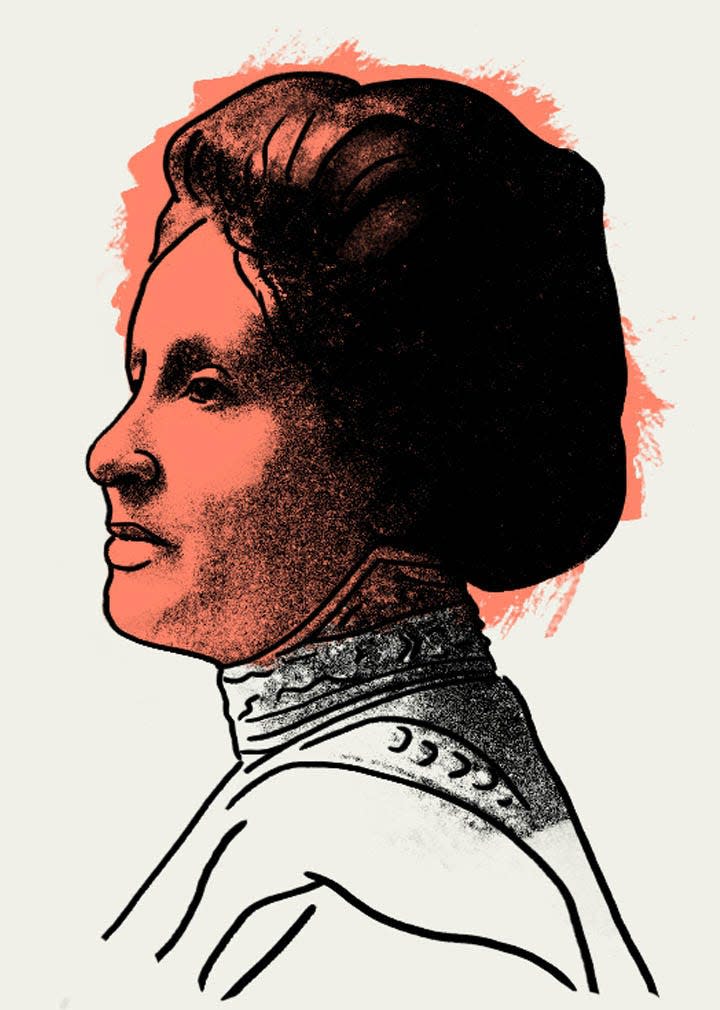
Mary Church Terrell, the daughter of formerly enslaved people, was one the first African American women to earn a college degree. She was a founding member of the National Association of Colored People (NAACP) and the National Association of Colored Women.
Terrell was born into a prominent Tennessee family that encouraged her to pursue higher education. She earned a bachelor's and master's degree from Oberlin College and later taught at the M Street Colored School in Washington, D.C.
After a friend and businessman was lynched for competing with whites for business, Terrell joined journalist and activist Ida B. Wells-Barnett in her anti-lynching crusade. She helped found the National Association of Colored Women in 1896 and was its president until 1901.
Terrell tirelessly campaigned for Black women's right to vote, which she considered essential for elevating African Americans in society. She became a founding and charter member of the NAACP in 1909 and co-founded the National Association of University Women (then called the College Alumnae Club) a year later.
Terrell championed for civil rights until the end of her life. At age 86, she protested segregation practices at the John R. Thompson Restaurant in Washington, D.C. Three years later, in 1953, the Supreme Court ruled that segregated dining facilities were unconstitutional.
Augmented reality: See Mary Church Terrell’s suffrage speech come to life
Sonia Sotomayor
First Latina Supreme Court justice
(1954- )
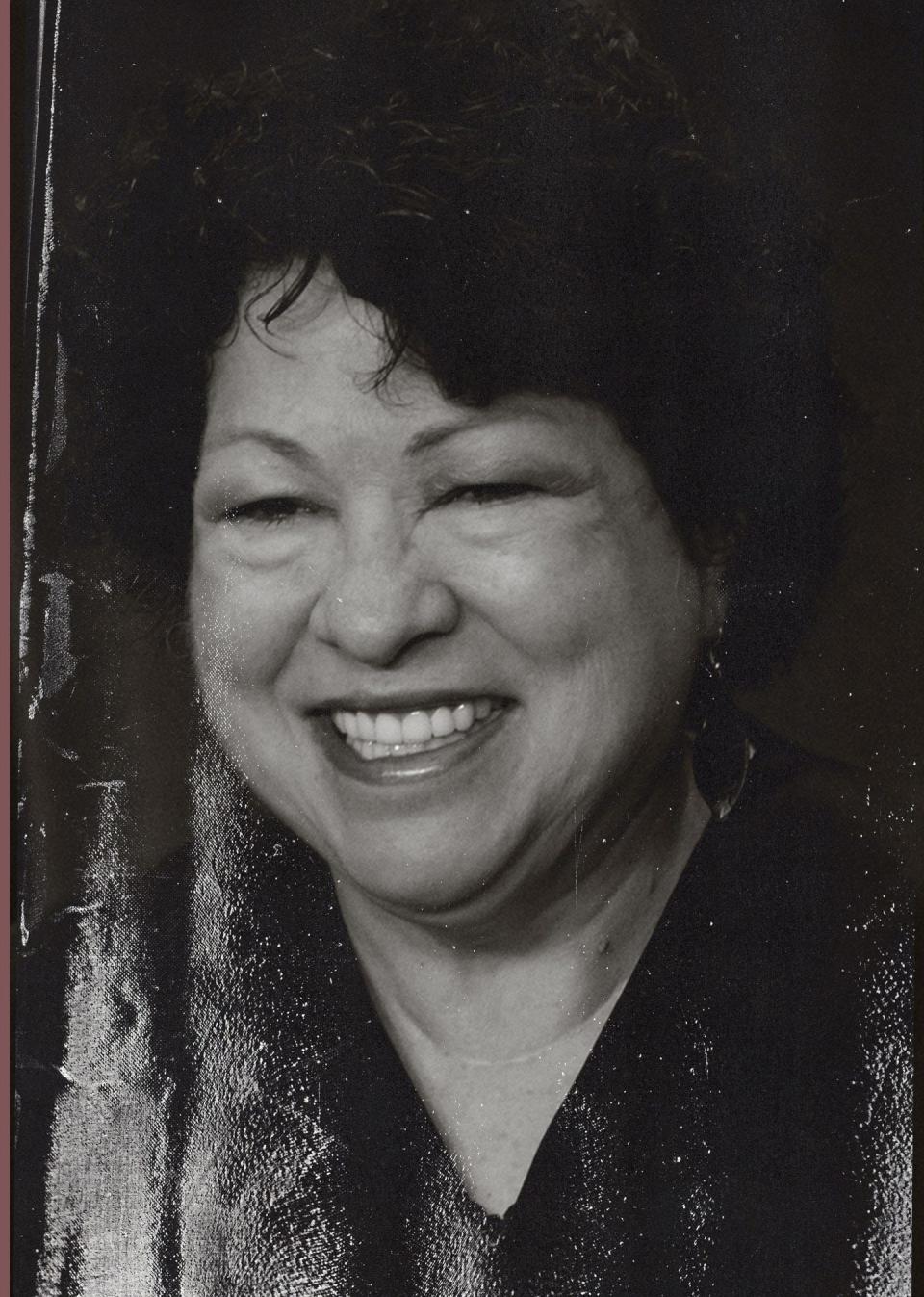
Sonia Sotomayor, a native of the Bronx, is the first Supreme Court Latina justice in U.S. history. She has served as an associate justice since 2009.
The daughter of immigrants from Puerto Rico, Sotomayor graduated summa cum laude from Princeton in 1976, then attended Yale Law School, where she edited the law journal. After graduating in 1979, Sotomayor worked as an assistant district attorney and in private practice in New York.
Sotomayor was appointed as a federal judge in the Southern District of New York in 1992 by President George H.W. Bush, a Republican. Five years later, Republican senators delayed Sotomayor's appointment to the U.S. Court of Appeals for a year over fears she might be headed to the Supreme Court.
President Barack Obama nominated Sotomayor to the Supreme Court when Justice David Souter retired. She wrote a memoir, "My Beloved World," in 2013.
More coverage
Women of the Century: They didn’t succeed despite adversity, but often because of it
50 states: Learn about notable women from every state
Who is your Woman of the Century?: Let us know
Recognizing women past and present: See all of our coverage
Sources used in the Women of the Century list project include newspaper articles, state archives, historical websites, encyclopedias and other resources.
This article originally appeared on USA TODAY: Women of the Century DC: Bader Ginsburg, Eleanor Roosevelt on list

